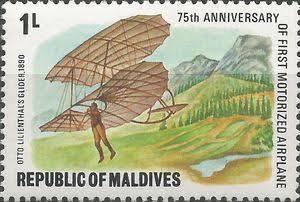National Taffy Day is celebrated annually on May 23rd in the United States. This day is dedicated to the sweet, chewy candy known as taffy, which has been a popular treat for generations. Taffy is typically made by boiling a mixture of sugar, butter, flavoring, and coloring until it reaches a specific temperature, then pulling and stretching it until it becomes light and chewy. The candy is then cut into bite-sized pieces and wrapped in wax paper to keep it fresh.
Taffy has a rich history in American confectionery, with its roots tracing back to the late 19th century. One of the most famous varieties is saltwater taffy, which originated in Atlantic City, New Jersey. Despite the name, saltwater taffy does not actually contain seawater, but it may include a small amount of salt in the recipe.
National Taffy Day is a perfect occasion for taffy lovers to indulge in their favorite flavors, which range from classic vanilla and chocolate to more adventurous options like watermelon, peanut butter, and peppermint. Many candy stores and confectioners celebrate the day with special promotions and events, making it a delightful day for anyone with a sweet tooth. Whether you enjoy making taffy at home or savoring store-bought varieties, National Taffy Day is all about celebrating this beloved candy and the joy it brings.









